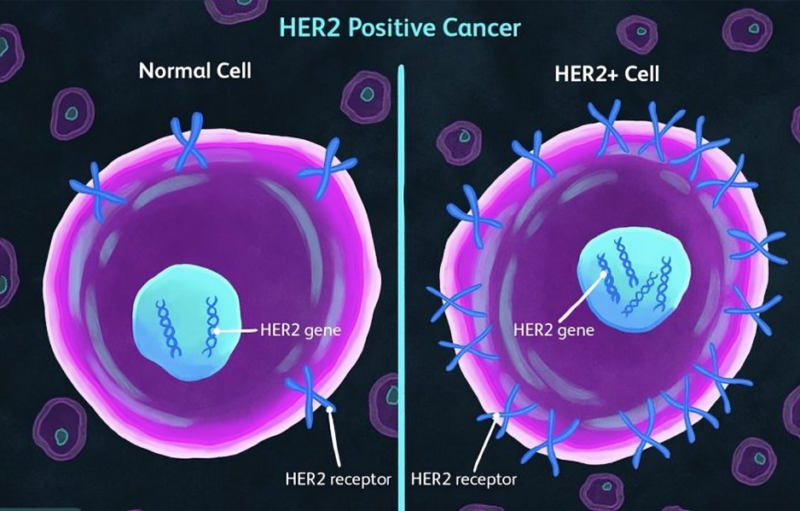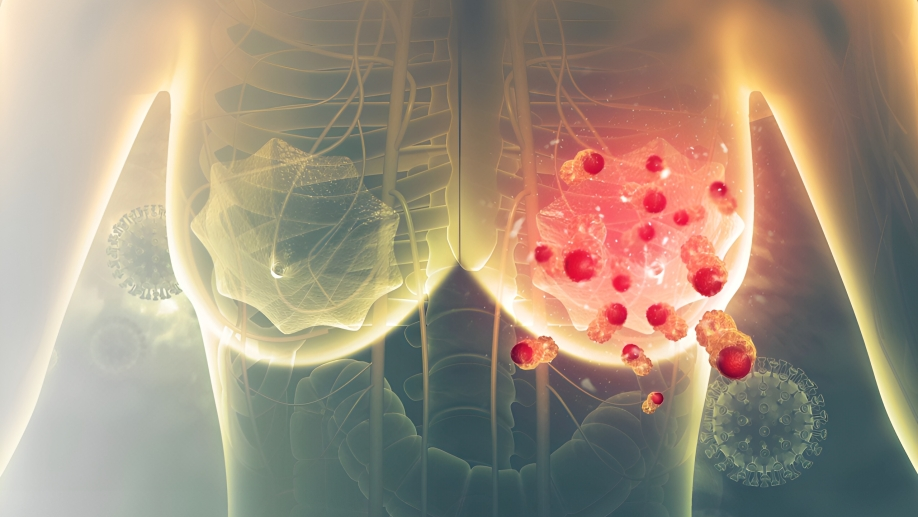Shahrin Ahmed, Medical Specialist Oncology, shared a post on X:
“Triple-negative breast cancer may respond favorably to combination therapy – Worldwide, breast cancer is the most common cancer among women, and it can also arise in men from time to time. Triple-negative breast cancer is one of the most difficult breast cancers to treat out of all the types available. Two inhibitors, when combined, have been found in a recent cell study that can lead to the reversion of triple-negative breast cancer cells to a more easily destroyed state.
According to the American Cancer Society, a quarter of all women in the United States will be diagnosed with breast cancer at some point in their life. Women over the age of 50 are the most likely to have the most cases. Despite the increase in breast cancer incidence, there is hope that more effective treatments and widespread screening are leading to fewer deaths from the disease. Nearly 8,000 women in the UK are diagnosed with triple-negative breast cancer every year.
In the first few years, it’s more likely to be more aggressive and have a higher risk of returning and spreading compared to other breast cancers. The lack of estrogen or progesterone receptors and HER2-Trusted Source protein makes TNBC challenging to treat, unlike many other breast cancers. Hormone therapy or anti-HER2 drugs that are employed in the treatment of other forms of breast cancer are not effective on them.
A new treatment for triple-negative breast cancer may be possible with the use of a combination of two therapeutic agents that selectively kill these breast cancer cells. AKTT-Trusted Source and EZH2-Trusted Source were both targeted because they are involved in cell growth and proliferation. The formation of cancerous tumors can be a result of overexpression of these proteins. Inhibiting AKT-Trusted Source alone can be effective in preventing certain types of breast cancer, but it is not effective for triple-negative cases.
EZH2 inhibitors, such as tazemetostat, which was approved by the FDA in 2020, have shown promise against certain lymphomas in clinical trials. So far, neither has been successful in treating triple-negative breast cancer. There findings indicated that the combined treatment killed approximately 60% of the cells in their cultures. Machine learning was utilized by the researchers to identify the factors that made certain TNBC cells more susceptible to the therapy than others. The developed a method for identifying individuals with tumors that are most likely to respond using this approach.”

